Maximize Your Savings: Electric Car Incentives to Watch for in 2025
Introduction to Electric Car Incentives
As the world increasingly shifts towards sustainable energy solutions, electric vehicles (EVs) have emerged as a leading alternative to traditional gasoline-powered cars. With numerous benefits, including lower operational costs and reduced carbon footprints, electric cars are becoming more appealing to consumers. However, one of the most significant factors that can influence a buyer's decision is the availability of incentives. In 2025, various electric car incentives will play a crucial role in maximizing savings for potential buyers. This article will explore the different types of incentives available, their potential impact, and tips for making the most of them.
Federal Tax Credits
One of the most well-known incentives for electric vehicle buyers in the United States is the federal tax credit. As of 2025, individuals purchasing a new electric car could be eligible for a tax credit of up to $7,500. This incentive is designed to encourage consumers to make the switch to electric vehicles by reducing the upfront cost. However, the exact amount can vary based on the vehicle's battery capacity and the manufacturer's sales volume. It is essential for buyers to stay updated on the latest federal regulations, as these incentives are subject to change depending on new policies or the phase-out of certain manufacturers.
State and Local Incentives
In addition to federal tax credits, many states and local governments offer their own incentives for electric vehicle purchases. These incentives can include cash rebates, tax credits, and sales tax exemptions. For instance, states like California, New York, and Colorado have robust programs in place that provide significant savings for EV buyers. In 2025, it is expected that more states will recognize the importance of electric vehicles and enhance their incentive programs to encourage adoption. Prospective buyers should research their local regulations and available incentives to maximize their savings.
Utility Company Rebates
Utility companies are also getting in on the action by offering rebates and incentives for electric vehicle owners. Many utility providers have programs designed to promote the use of electric vehicles, which can include discounts on home charging stations, special electricity rates for EV charging, and rebates for purchasing new electric vehicles. In 2025, homeowners will likely see more innovative programs aimed at integrating electric vehicles into the grid while also providing savings. It is advisable to check with local utility companies for specific offers and incentives tailored to electric vehicle owners.
Charging Infrastructure Incentives
As the adoption of electric vehicles increases, so does the need for accessible charging infrastructure. To facilitate this growth, various incentives are available for both consumers and businesses. In 2025, individuals may benefit from grants or rebates to install home charging stations, making it easier to maintain their electric vehicles. Additionally, businesses that install charging stations for public use can often receive tax credits or rebates, further incentivizing the development of a robust charging network. Understanding these incentives can help consumers save on both vehicle and charging station costs.
Trade-In Programs
Another way to maximize savings when purchasing an electric vehicle in 2025 is through trade-in programs. Many manufacturers and dealerships are offering incentives for consumers who trade in their old vehicles for an electric car. Depending on the vehicle's condition and age, buyers might receive a substantial credit towards the purchase of their new electric vehicle. This program is particularly beneficial for those looking to upgrade their transportation while minimizing the financial burden of making a switch to electric.
Employer Incentives
In recent years, some companies have begun implementing incentives for employees who choose to drive electric vehicles. These employer-sponsored programs can range from subsidies for purchasing electric cars to discounted charging rates at work. In 2025, as more businesses focus on sustainability, it is likely that these programs will expand, offering further financial benefits to employees who opt for electric vehicles. Workers considering an electric vehicle should inquire about any available employer incentives to maximize their savings.
Leasing vs. Buying: Which is More Cost-Effective?
When considering the purchase of an electric vehicle, potential buyers often face the decision of whether to lease or buy. Both options come with their own set of advantages and disadvantages, particularly when it comes to incentives. Leasing an electric car might allow consumers to take advantage of federal tax credits indirectly, as the leasing company typically receives the credit and can pass some of those savings onto the lessee. However, buying an electric vehicle may be more beneficial in the long run for those who plan to keep the car for an extended period. Evaluating personal circumstances, driving habits, and financial goals will help consumers determine the most cost-effective approach.
The Role of Battery Technology Advancements
In 2025, advancements in battery technology will continue to impact the electric vehicle market positively. Manufacturers are actively working on developing longer-lasting, quicker-charging, and more affordable batteries. As these innovations come to fruition, they may lead to lower vehicle prices and increased adoption of electric cars. Additionally, improved battery technology can lead to longer ranges, making electric vehicles more appealing to consumers who may have previously hesitated due to range anxiety. Understanding the advancements in battery technology can help buyers make informed decisions about their electric vehicle purchases.
Environmental Impact and Long-Term Savings
While financial incentives are crucial for maximizing savings, it is equally important to consider the environmental impact of electric vehicles. Driving an electric car significantly reduces greenhouse gas emissions, contributing to cleaner air and a healthier planet. Moreover, electric vehicles typically have lower operating costs compared to traditional gasoline vehicles, leading to long-term savings. In 2025, consumers should not only focus on the immediate financial benefits but also consider the long-term environmental and economic advantages of making the switch to electric vehicles.
How to Stay Informed About Incentives
As incentives for electric vehicles can change frequently, it is essential for potential buyers to stay informed about the latest offerings. Regularly checking government websites, following automotive news, and subscribing to newsletters from electric vehicle manufacturers can provide valuable updates on available incentives. Additionally, joining online forums and communities dedicated to electric vehicles can offer insights from other consumers who have navigated the incentive landscape. Staying informed will empower buyers to make the most of available incentives and maximize their savings.
Conclusion: Preparing for the Electric Vehicle Future
As we move towards 2025, the landscape for electric vehicle incentives is expected to evolve significantly. With federal tax credits, state and local incentives, utility rebates, and advancements in technology, consumers have a unique opportunity to maximize their savings while contributing to a more sustainable future. By researching available incentives, considering the benefits of leasing versus buying, and staying informed about technological advancements, potential buyers can make educated decisions that align with their financial and environmental goals. The future of transportation is electric, and understanding the incentives available can help consumers drive towards a greener future while maximizing their savings.
Explore
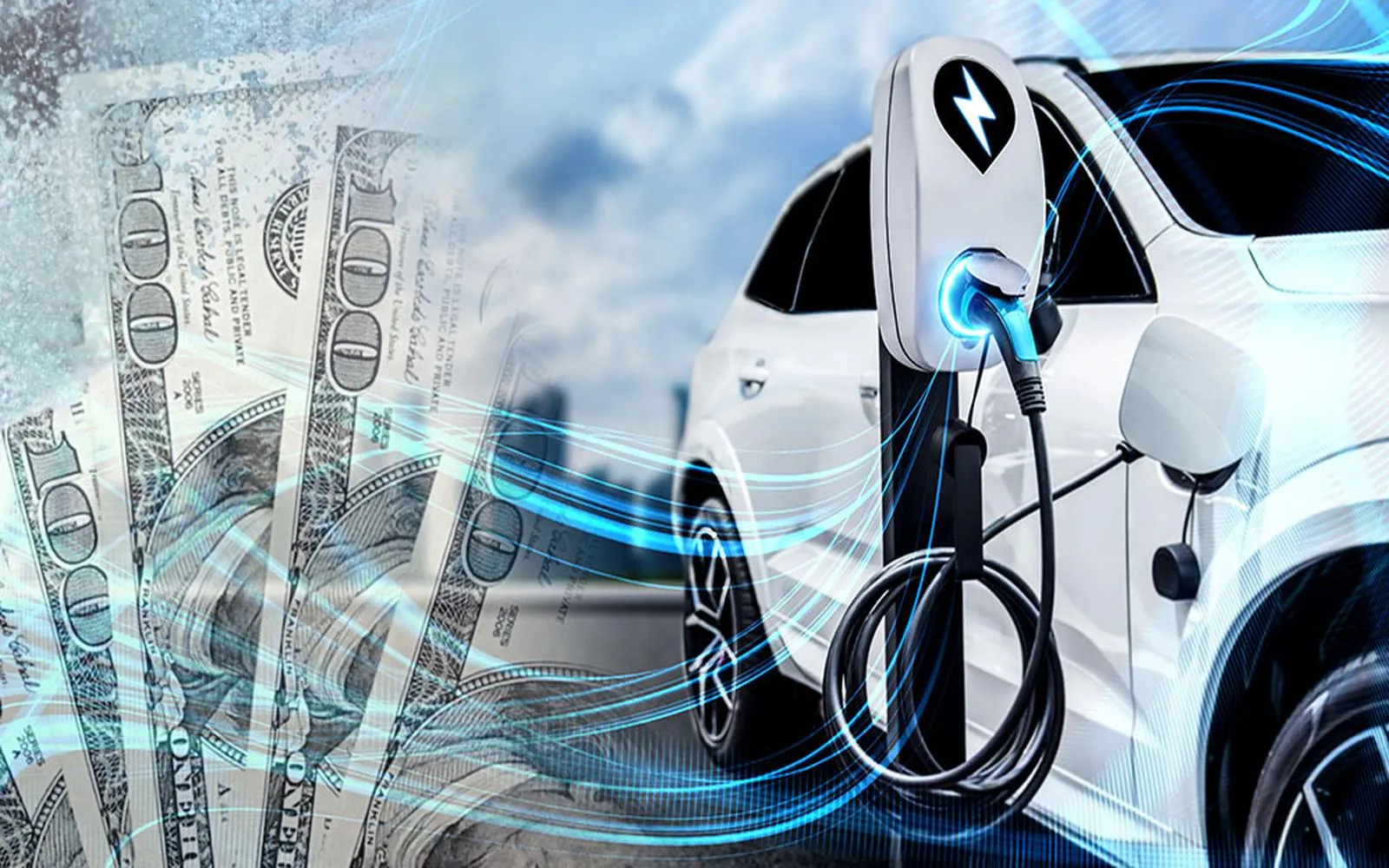
Maximize Your Savings: The 2025 Electric Car Tax Credit Explained
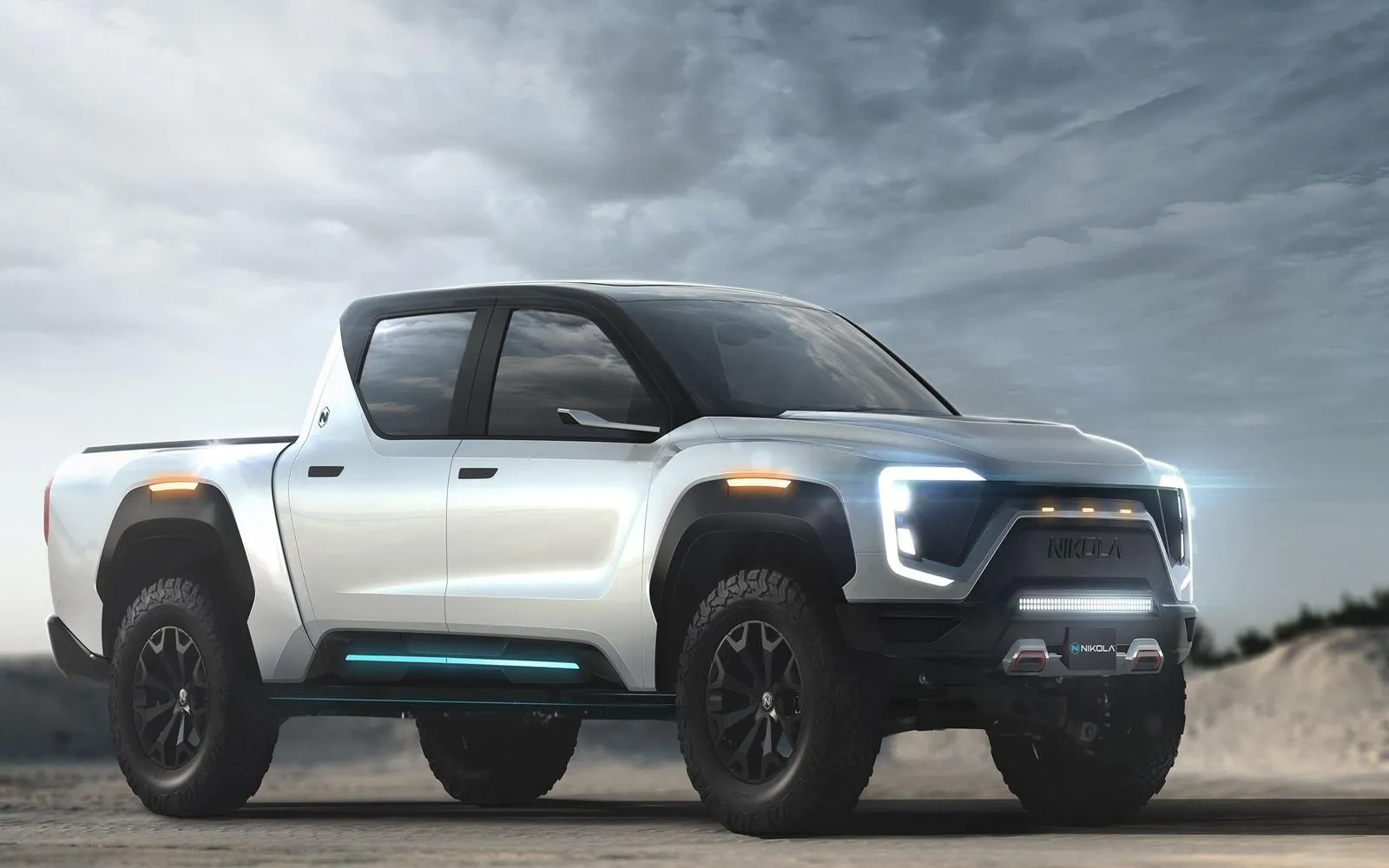
Revolutionizing the Road: The Electric Trucks to Watch for in 2025
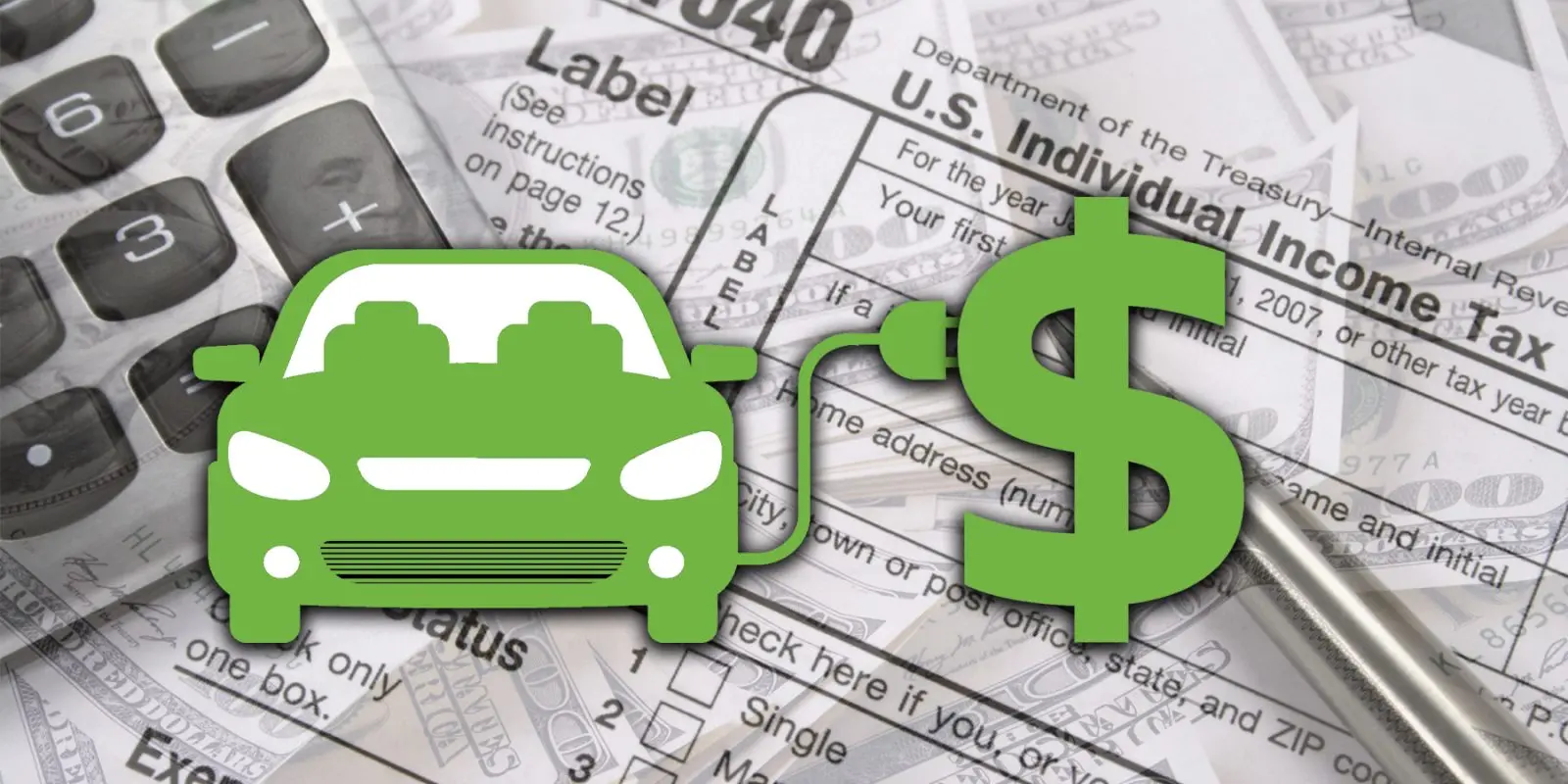
Electric Car Tax Credit 2025 — How to Save on Your Next EV Purchase
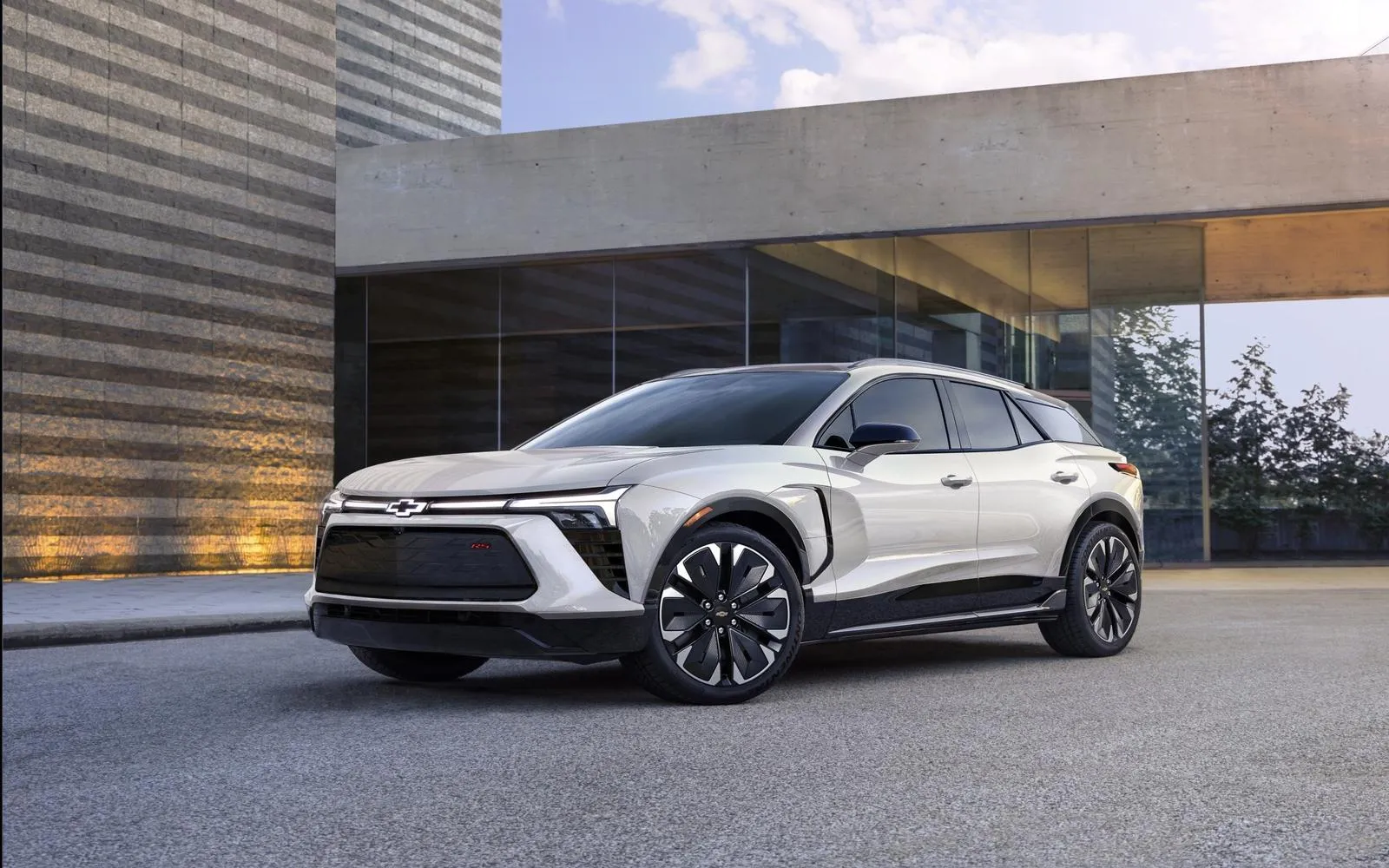
Electric Car Leases of 2025: Best Deals for Eco-Friendly Drivers
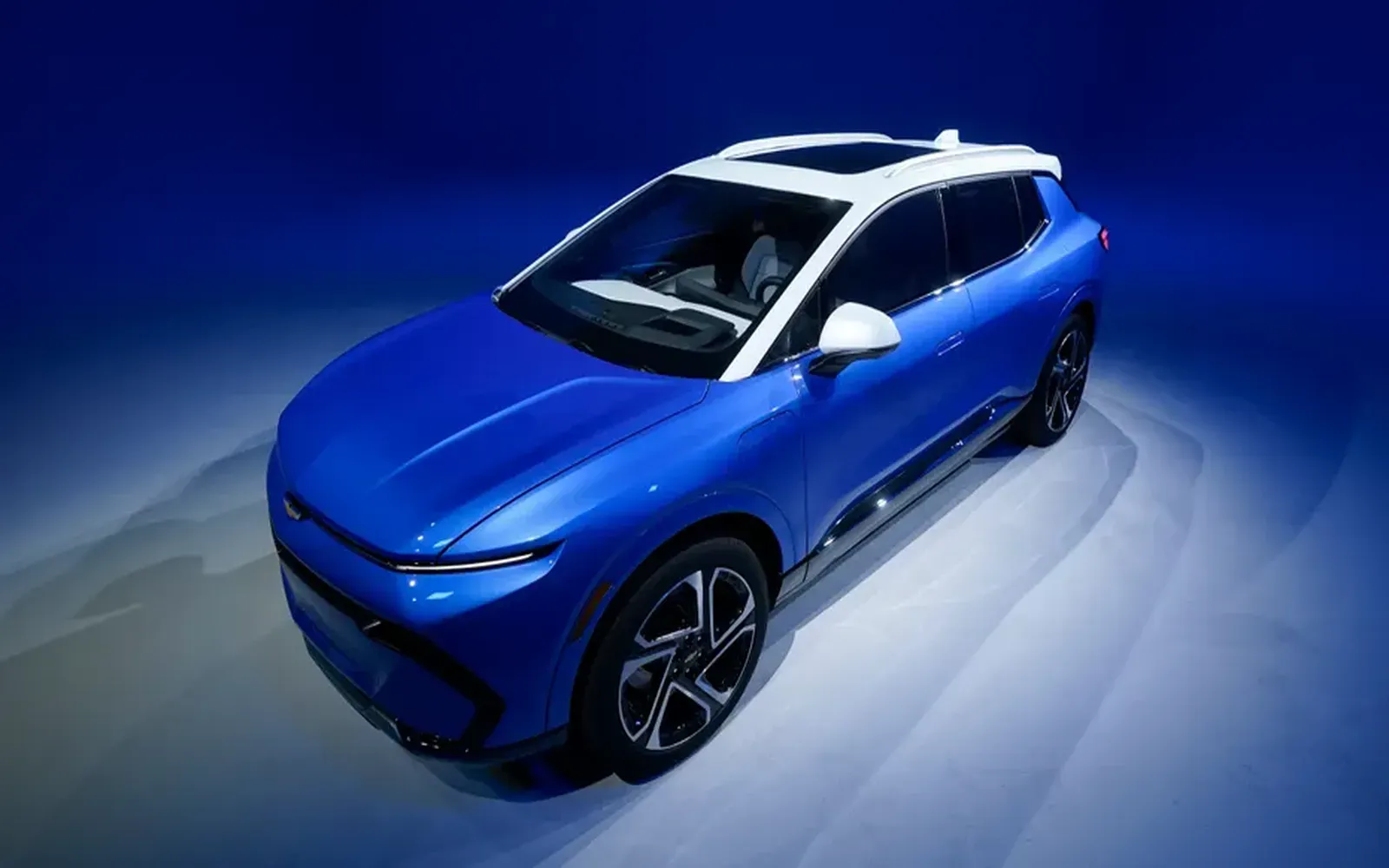
Affordable Electric Cars: Your Ultimate Guide to Budget-Friendly EVs in 2025

2025 Car Trade-In Value Estimator: Maximize Your Vehicle's Worth Today!
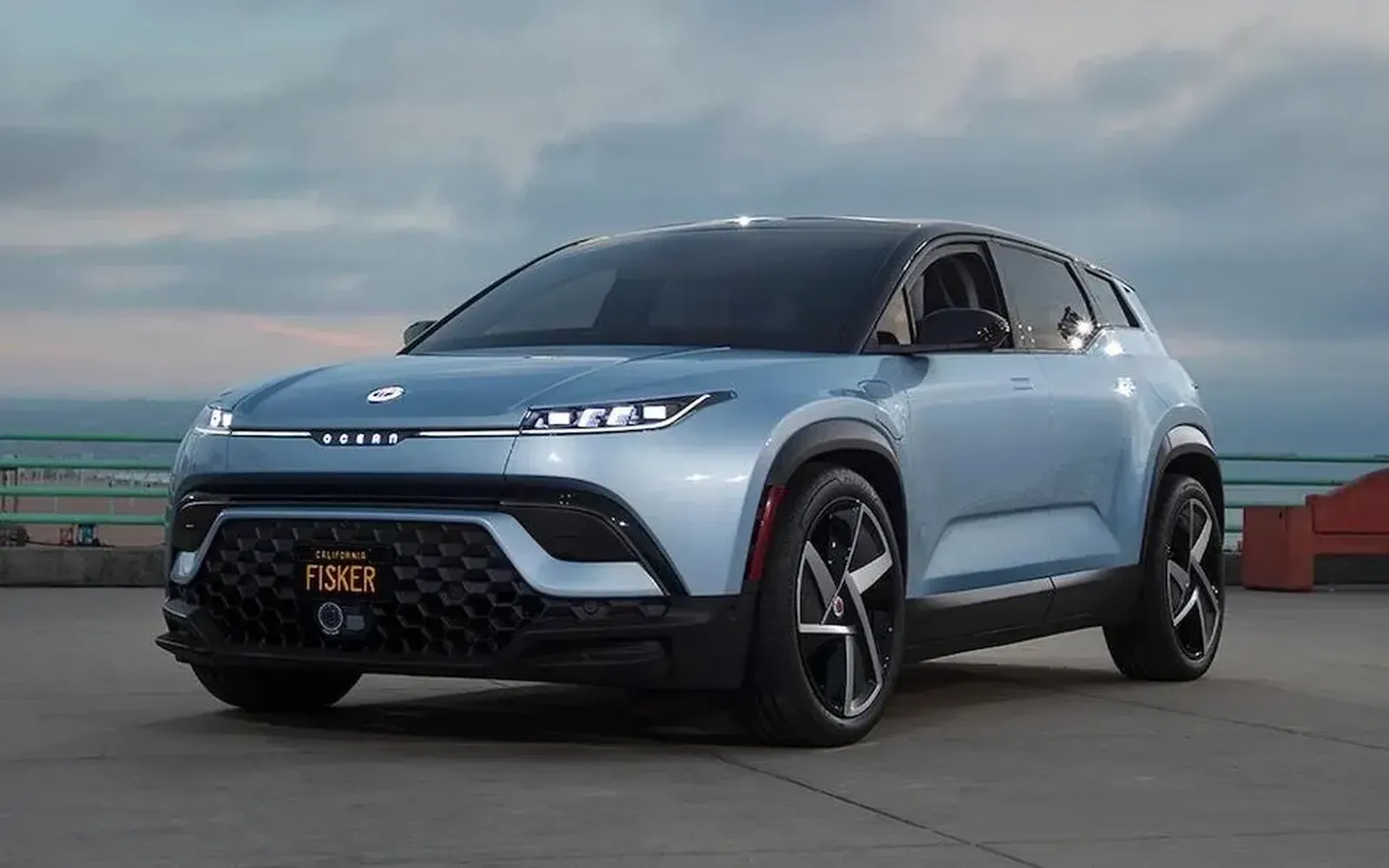
Electric Cars in 2025: The Future of Sustainable Driving and Innovative Technology
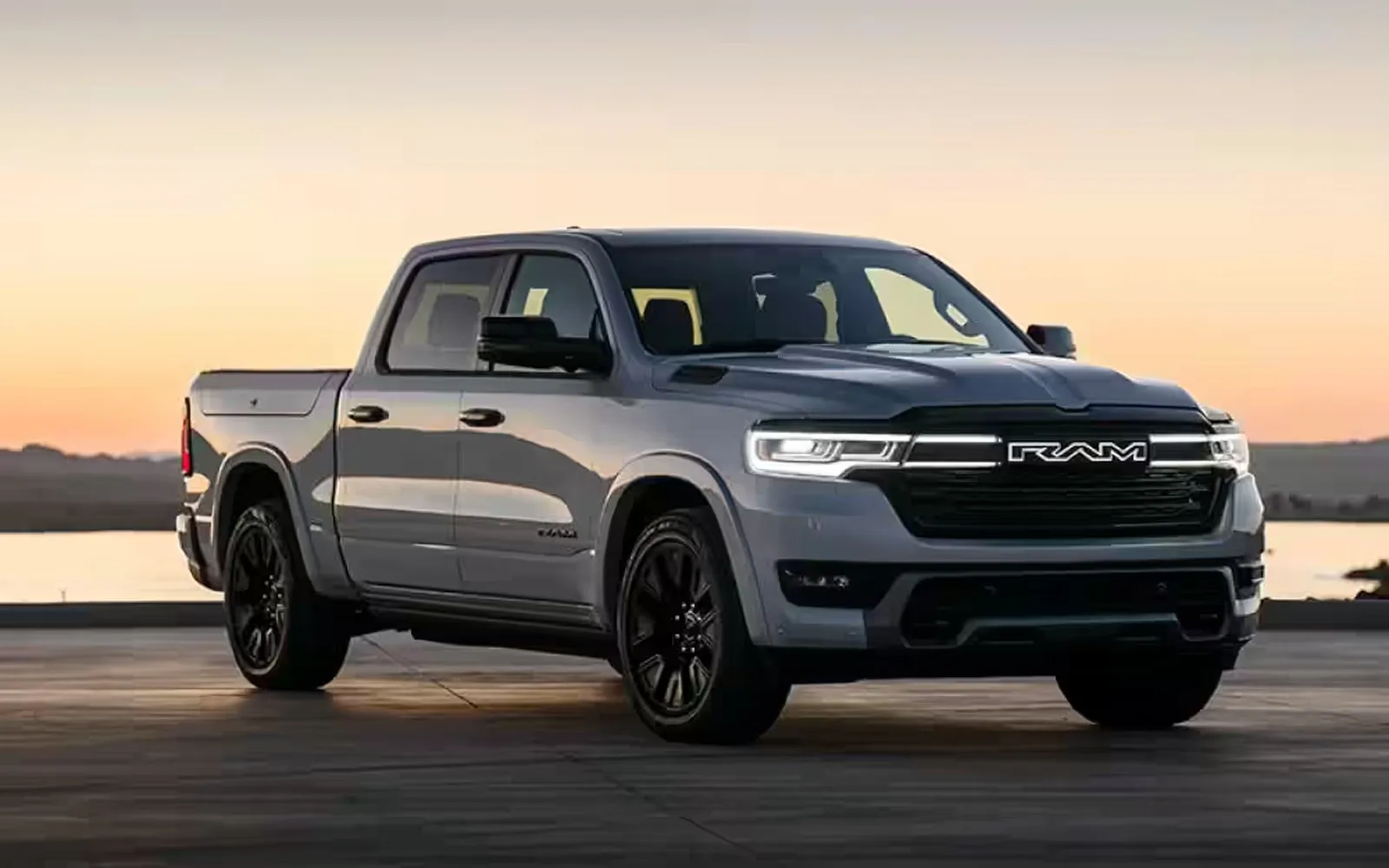
2025 Electric Pickup Trucks: Revolutionizing the Future of Eco-Friendly Hauling
